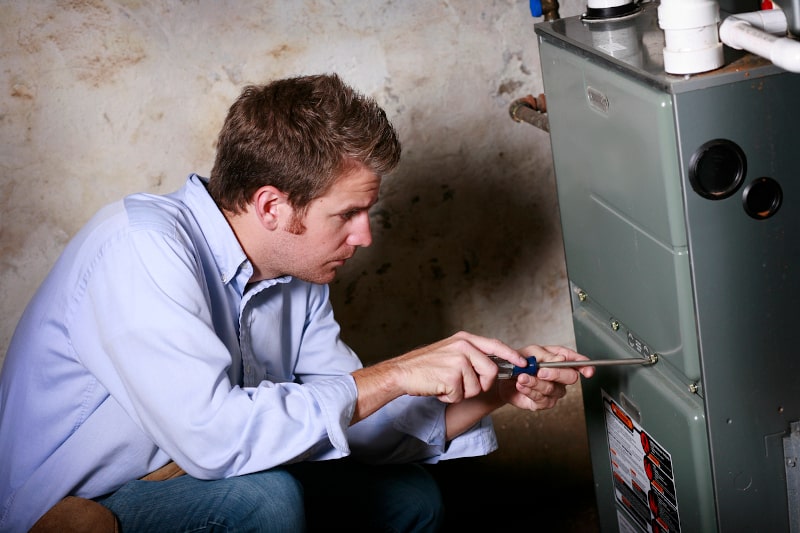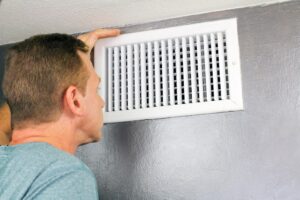If the furnace in your Bath, PA home is overheating, it could further damage your heating system, reduce efficiency or even act as a fire hazard. As soon as you notice the issue, turn off the system, and call a professional to diagnose the cause. Learn more about what can cause a furnace to overheat so that you can prevent this potentially dangerous situation.
Clogged or Dirty Air Filter
A clogged or dirty air filter makes it hard for air to flow to your furnace, so it has to work harder to ensure proper air circulation. The excess strain can lead to overheating. Enlist regular professional maintenance, and change your air filter regularly to prevent this problem.
Malfunctioning Blower Motor
Inadequate airflow is a common consequence of a malfunctioning blower motor. If you don’t fix it promptly, overheating can occur. A faulty capacitor, worn-out motor bearings or fan blade damage can cause a blower motor to malfunction.
f
Blocked Heat Exchanger
A dirty or blocked heat exchanger can make it harder for heat to transfer from your furnace to the air. This can lead to excess strain on your system and eventual overheating. A crack in your heat exchanger could lead to the release of carbon monoxide, so it’s important to fix it immediately.
Faulty Limit Switch
When your furnace starts to overheat, this switch shuts it off automatically as a safety precaution. When it’s not working properly, it will continue to overheat. Replacing the switch is usually necessary to keep your furnace functioning well.
An overheating HVAC system is not uncommon, so homeowners need to understand its most likely causes. If your furnace starts to overheat, call us at Sullivan Oil & Propane so that we can fix your furnace issue before you have bigger problems.
Image provided by iStock



